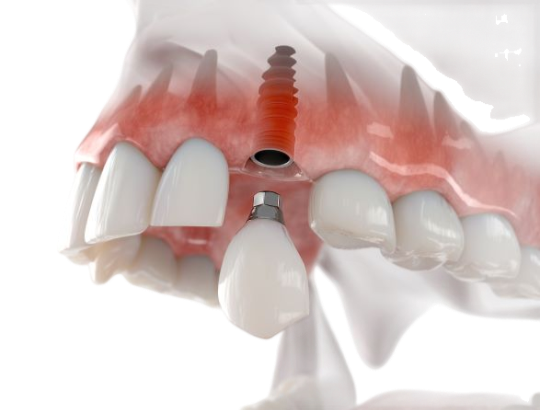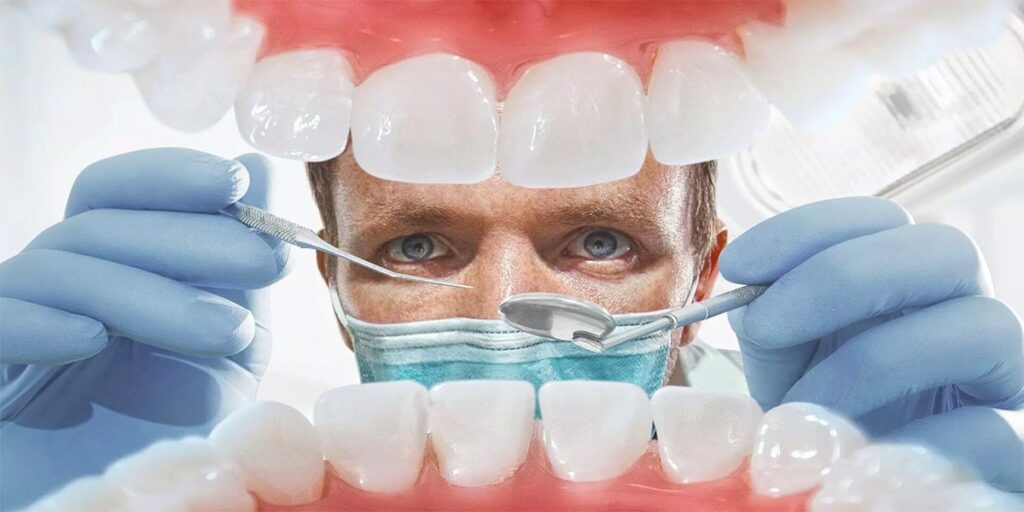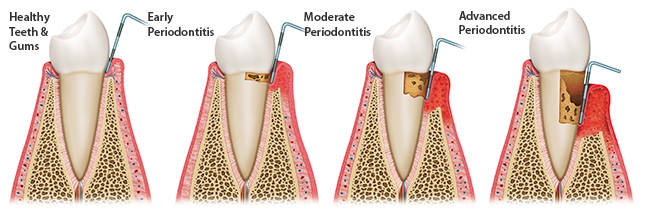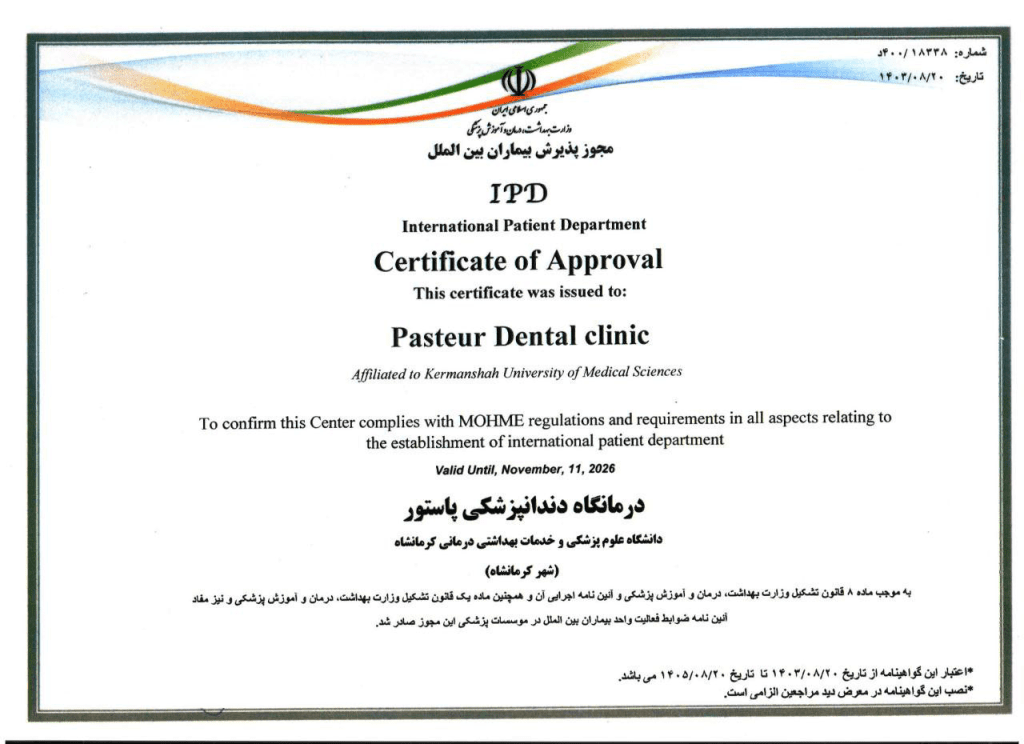What is an implant?
Dental implants represent one of the most significant advancements in modern dentistry, providing a permanent solution for tooth replacement. These modern dental marvels consist of titanium bases that function as artificial tooth roots, offering a stable foundation for replacement teeth that closely mimic the appearance, feel, and function of your natural teeth.
Unlike dentures or traditional bridges, dental implants become a permanent part of your jaw through a remarkable process known as osseointegration. This means that they not only fill the gap left by missing teeth but also contribute to the preservation of bone health and facial structure, providing you with the freedom to eat, speak, and smile with complete confidence.
With a success rate exceeding 95% and the potential for lifelong durability with proper care, dental implants have become the gold standard in tooth replacement. Whether you need to replace a single tooth or are seeking a complete smile restoration, this modern dental solution can pave the way for renewed oral health and enhanced confidence.
Why Should We Get Dental Implants?
Losing even a single tooth can trigger numerous issues related to oral health. When a tooth is lost, adjacent teeth gradually shift towards the empty space, leading to a disruption in dental alignment. Additionally, the absence of a tooth results in gradual bone resorption in the jaw in that area, which can lead to facial deformity and premature aging.
Dental implants prevent these issues by completely replacing the root and crown of a tooth. This treatment not only restores the natural appearance of teeth but also helps prevent bone resorption by stimulating the jawbone. Unlike removable dentures or bridges, implants function entirely like natural teeth, allowing you to eat, speak, and smile without concern.
In addition to health benefits, implants can have a significant impact on your self-esteem and social relationships. Having a beautiful, natural smile, the ability to speak clearly, and the comfort of eating in social settings all contribute to an improved quality of life.











